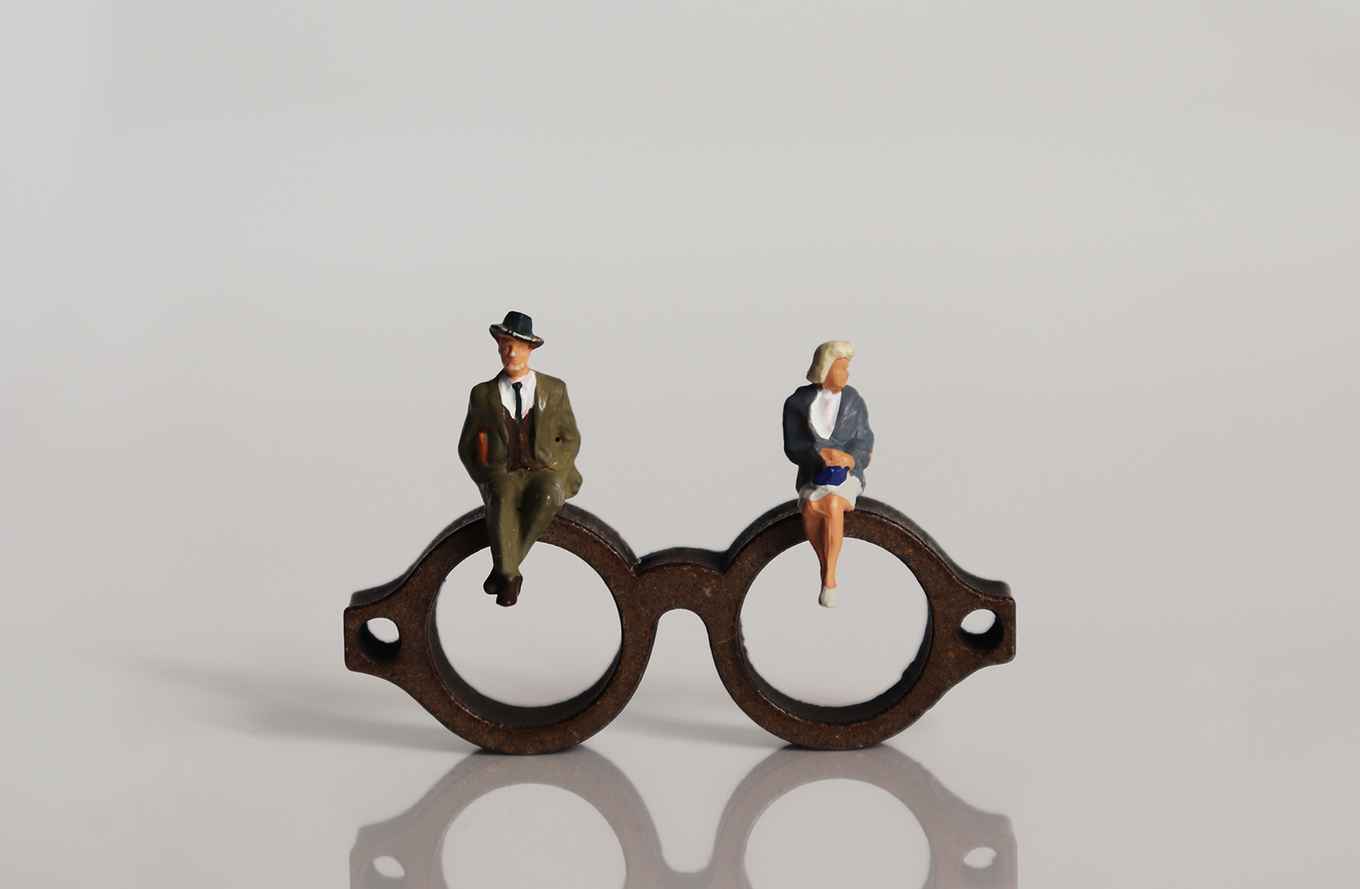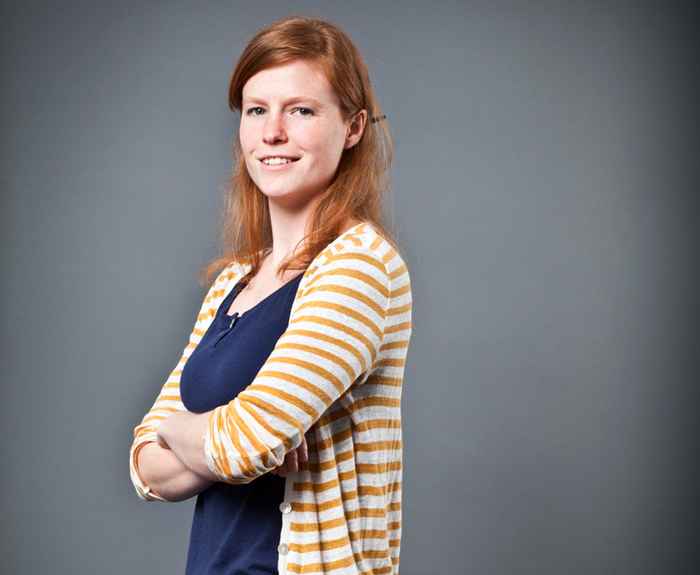What role do gender stereotypes play during elections?
5 March 2021


Assistant professor Daphne van der Pas works for the Political Science department at the University of Amsterdam (UvA). Her research focuses on the interface between media and politics, political underrepresentation, political leadership and gender in politics. We asked her to what extent the electorate is influenced by gender stereotypes and what role the media plays in this factor.
Classical gender stereotypes change quickly
‘Examples of classical and very general stereotypes of women include that they are more caring, more willing to help others, more emotional and more communication-oriented. Men are supposedly more instrumental, goal-oriented and focus on actions rather than words. However, we have seen that these stereotypes can quickly change when people take up a certain role to which other information and stereotypes apply. For example, a businesswoman is not viewed strongly in terms of the classical male-female stereotype and is stereotyped much more in terms of the business world. The same applies to politicians.’
What stereotypes do people generally have about politicians?
‘It is clear that both positive and negative stereotypes exist. On the one hand, there is a great deal of cynicism towards politicians and they can be viewed as dishonest and underhanded, while on the other hand, people have high expectations of them and expect them to be well-spoken, good at public speaking and decisive. Our study in Germany showed that these negative stereotypes are much more applicable to male politicians, who are more often described as “filling their pockets”. Female politicians, on the other hand, were more likely to be seen as knowledgeable and competent.’
Does the sex of politicians matter to Dutch people?
‘In the Netherlands, we have examined the levels of trust people have in politicians and whether the sex of the politician matters. It turns out that this is not relevant to most of the electorate except for a small group of voters. Some of this group consider it a plus if a politician is a woman, while other prefer a man. We are still investigating more precise data on the respondents in this small group. We have observed that conservative voters tend to be opposed to measures aimed at boosting the number of women in politics, while left-leaning voters tend to say that having more women in politics is important.’
Do media portray male and female politicians differently?
‘The media plays a vital role in how we view politicians. In general, we see that women are not structurally portrayed in a negative light and that the majority of media coverage is neutral, although a relatively higher percentage of the media coverage relates to their appearance or family. For example, consider the amount of media attention paid to New Zealand prime minister Jacinda Ardern when she gave birth to her first child. It is not yet clear whether female politicians should respond to such media attention or use it to their advantage, whether they should resist it or own it.’
In Western Europe, female politicians are ignored much more often
‘The amount of attention that politicians receive is also vital, as without media coverage, how will you get your message across? We investigated the proportion of attention paid to politicians of both sexes: in the US and Canada, the level of attention is quite even, but in Western Europe, female politicians are ignored to a noticeably larger extent. We even repeated the study and found the same result in the Netherlands, Germany and France, among other countries.
The media is often considered an unsafe environment
‘How do we explain this? It could be that journalists ignore female politicians, for example, they may think they are less high-profile. However, the politicians may also contribute to this effect by intentionally avoiding the media, e.g. due to bad experiences in the past. To illustrate this, a study of female politicians examining how they handle the media showed that many consider the media to be an unsafe environment. This view is even stronger when it comes to social media, with female politicians often receiving a much higher volume of negative responses, especially women from minority groups.’
Do female party leaders attract more votes?
No election in the history of the Netherlands has ever featured so many female party leaders. Will having a female party leader help the parties to gain votes? ‘In general, the Dutch electorate don't consider the sex of their favourite party's leader to be a very important issue. It is more of an issue to the traditional political left, although they still consider it less important than the candidate's policies. At most, the candidate's sex is simply a tiebreaker and can lead voters to switch their votes between two very similar left-wing parties,’ argues Van der Pas (also see the episode of TV programme 1Vandaag entitled ‘Is een vrouw als lijsttrekker een stemmentrekker?’ [Do female party leaders attract more votes?]).